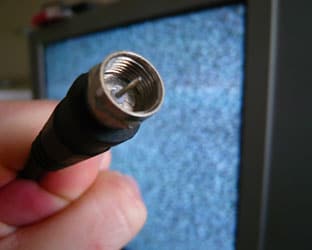Here’s something eMarketer considers to be “an anomaly of the digital era”: While few children have smartphones of their own or participate in the social networks that teens and adults are heavily involved in, they certainly get a lot of screen time.
Is this an alarming addiction?
A June 2018 survey conducted for Comcast by Wakefield Research finds that 76% of parents said their kids are “more addicted to their devices than to candy.”
Then, there’s a June 2018 survey by Edelman Intelligence for kid-friendly brand GoGo Squeez that found a similar proportion of parents who said their kids engage in more screen time than the parents would like.





